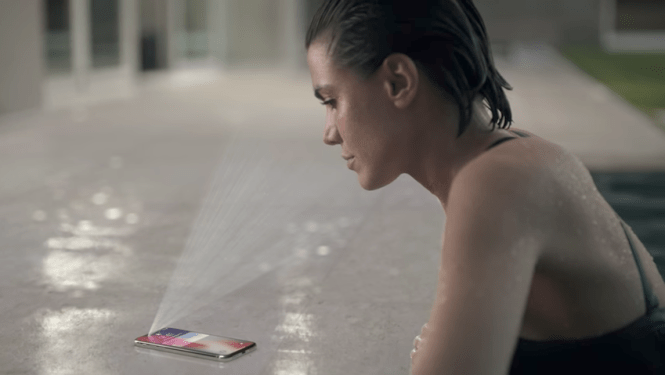Apple Lowers Face ID Specifications to Ramp Up iPhone X Production

According to a recent report from Bloomberg, Apple is undergoing a significant change in its strategy when it comes to manufacturing the Face ID sensor in the upcoming iPhone X. The company has reportedly lowered its requirements for quality assurance, allowing suppliers to produce these sensors at a much faster pace.
Update: Apple Denies Claims of Reduced Accuracy Spec
Apple has issued a statement refuting the claims made by Bloomberg, stating that the reports are "completely false." According to the company, Face ID is still expected to be the gold standard for facial authentication.
Background on iPhone X Production Challenges
KGI Securities analyst Ming-Chi Kuo shared his concerns regarding Apple’s production plans for the iPhone X a few days ago. He estimated that Apple would not be able to produce enough units for first-weekend sales alone, with approximately 2-3 million units available on launch day.
This shortage could lead to chronic supply chain issues over multiple months. One of the primary challenges is the production of cutting-edge components, such as the dot projector in the Face ID sensor.
What is the Dot Projector?
The dot projector is a crucial component of the Face ID system. It projects a network of infrared dots onto a user’s face, creating a 3D map based on the reflection of these dots. This technology is essentially similar to a Kinect in a phone, providing advanced facial recognition capabilities.
Quality Assurance and Production Speed
Apple typically sets strict rules for quality assurance when it comes to components that meet its specifications. Suppliers have to rigorously test all parts before they can be used in a device. However, by reducing the requirements for quality assurance, Apple aims to speed up production.
While this might result in some modules being as accurate as before, others may not reach the same level of precision. The trade-off is a faster production process that should alleviate supply chain issues.
Potential Security Implications
One concern with the reduced accuracy spec is its potential impact on Face ID’s security features. Apple originally claimed that Face ID would have a 1 in 1 million chance of someone else unlocking an iPhone with it. By reducing the quality assurance requirements, it’s unclear if this number will remain the same.
Apple’s Response to the Report
In response to the report, Apple emphasized its commitment to Face ID’s security features: "Customer excitement for iPhone X and Face ID has been incredible, and we can’t wait for customers to get their hands on it starting Friday, November 3. Face ID is a powerful and secure authentication system that’s incredibly easy and intuitive to use."
The company reaffirmed its stance on the accuracy of Face ID: "The quality and accuracy of Face ID haven’t changed. It continues to be 1 in a million probability of a random person unlocking your iPhone with Face ID."
Industry Reaction
The news has sparked interest within the tech community, with many questioning the potential implications of Apple’s decision on the security features of its devices.
Related Topics:
- Apple: The latest developments from Cupertino.
- Face ID: Apple’s advanced facial recognition technology.
- Hardware: The latest innovations in phone hardware.
- iPhone X: The next-generation iPhone with cutting-edge features.